13 Islands So Unique You’ll Never Call Them Tourist Traps
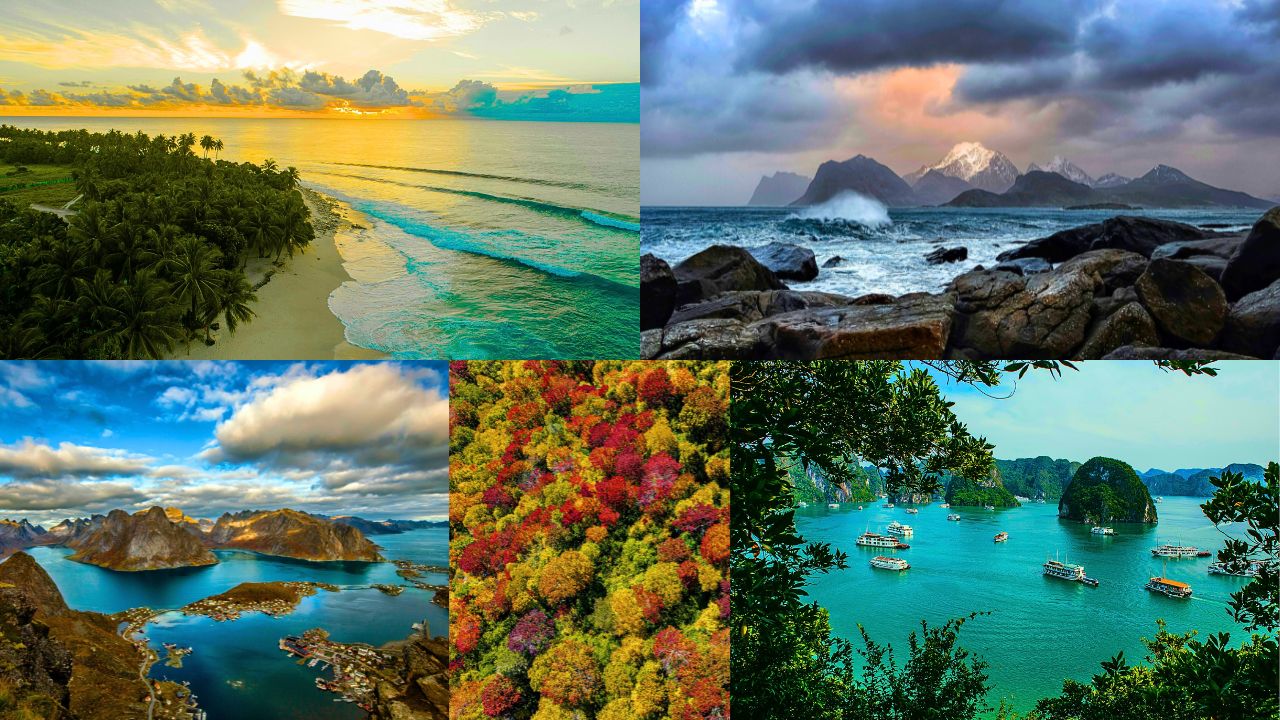
Not every island is a tourist cliché. Scattered across the globe are islands so rare and intriguing they feel like you’ve stepped into another world. Some are shaped by fire and ash, others wrapped in pink sand or echoing with the stories of vanished civilizations. A few are so remote they barely appear on maps, yet they hold cultures and wildlife found nowhere else. These 13 remarkable islands break every expectation of what “island paradise” means, offering travelers the thrill of finding where every shoreline tells a story and every horizon feels like the edge of the known world.
1. Socotra, Yemen: Alien Island
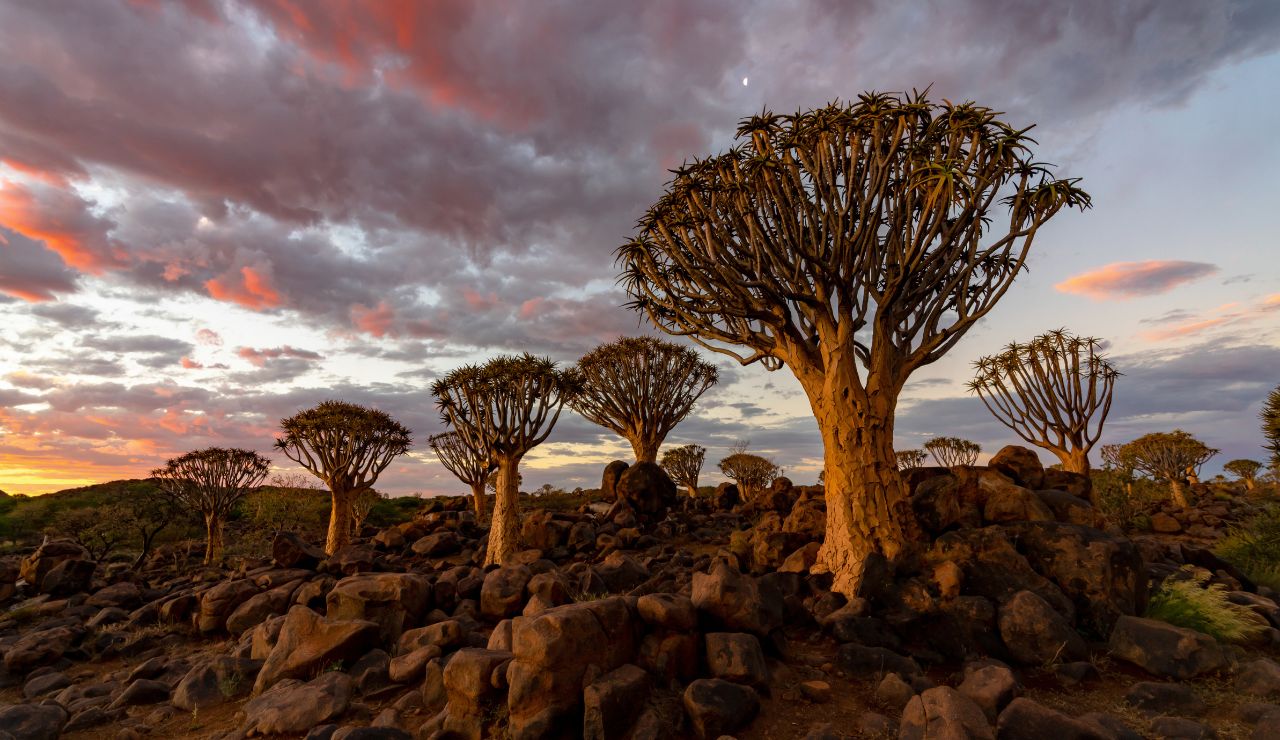
Socotra feels like Earth’s most convincing alien world. Its iconic dragon’s blood trees, with their umbrella‑like canopies, stand like sculptures across rugged plateaus, while hundreds of rare plants thrive nowhere else on the planet. Couples can hike to untouched white‑sand beaches, wander into limestone caves, and watch turquoise waters crash against dramatic cliffs. With almost no mass tourism, the island hums with an untouched magic as if every breeze, every twisted tree, and every empty shoreline whispers a secret waiting to be finded.
2. Aogashima, Japan: Volcanic Life
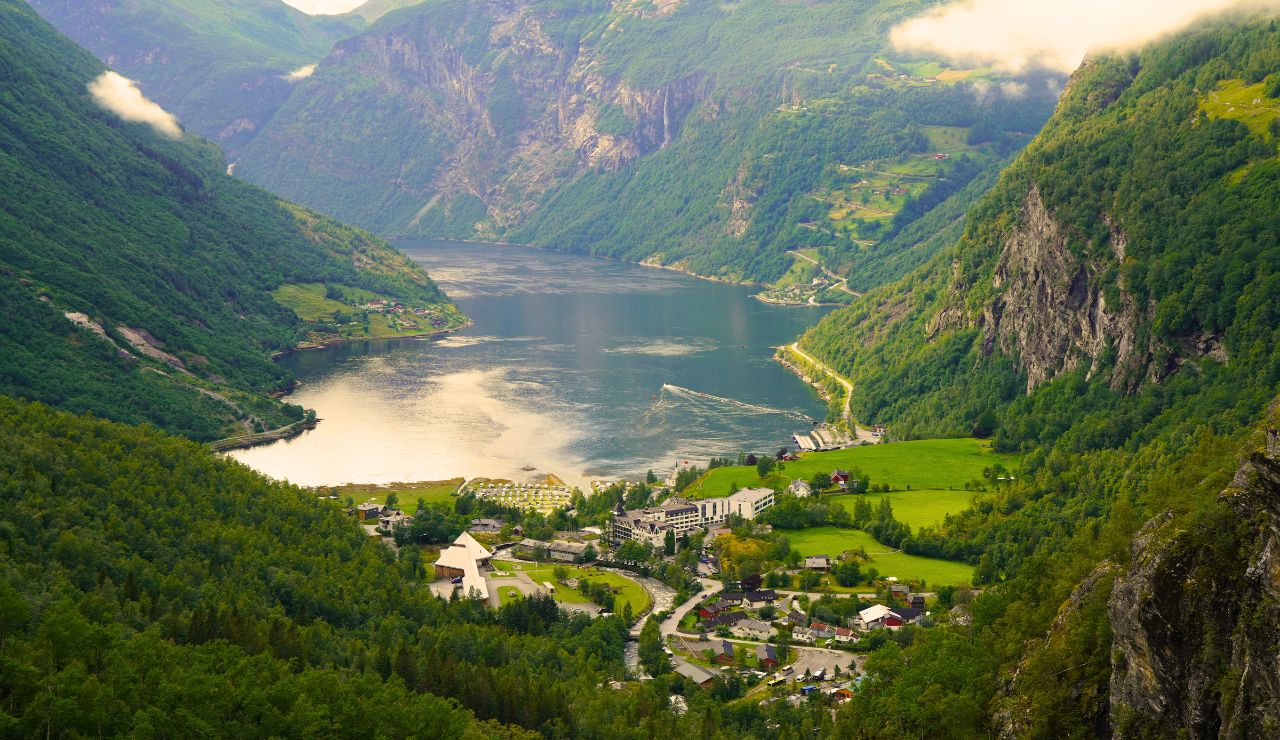
Far off Japan’s coast, Aogashima feels like a secret whispered by the sea a volcanic island where fewer than 200 residents live within a vast crater’s embrace. Steam rises from vents in the earth, fueling outdoor saunas and hinting that the ground is very much alive. Couples can hike the jagged rim for sweeping ocean views, peer into the island’s emerald‑green heart, and linger under skies so dark the stars look close enough to touch. Remote, surreal, and defiantly wild, Aogashima is less a destination and more an otherworldly experience.
3. Saba, Caribbean: Wild Caribbean
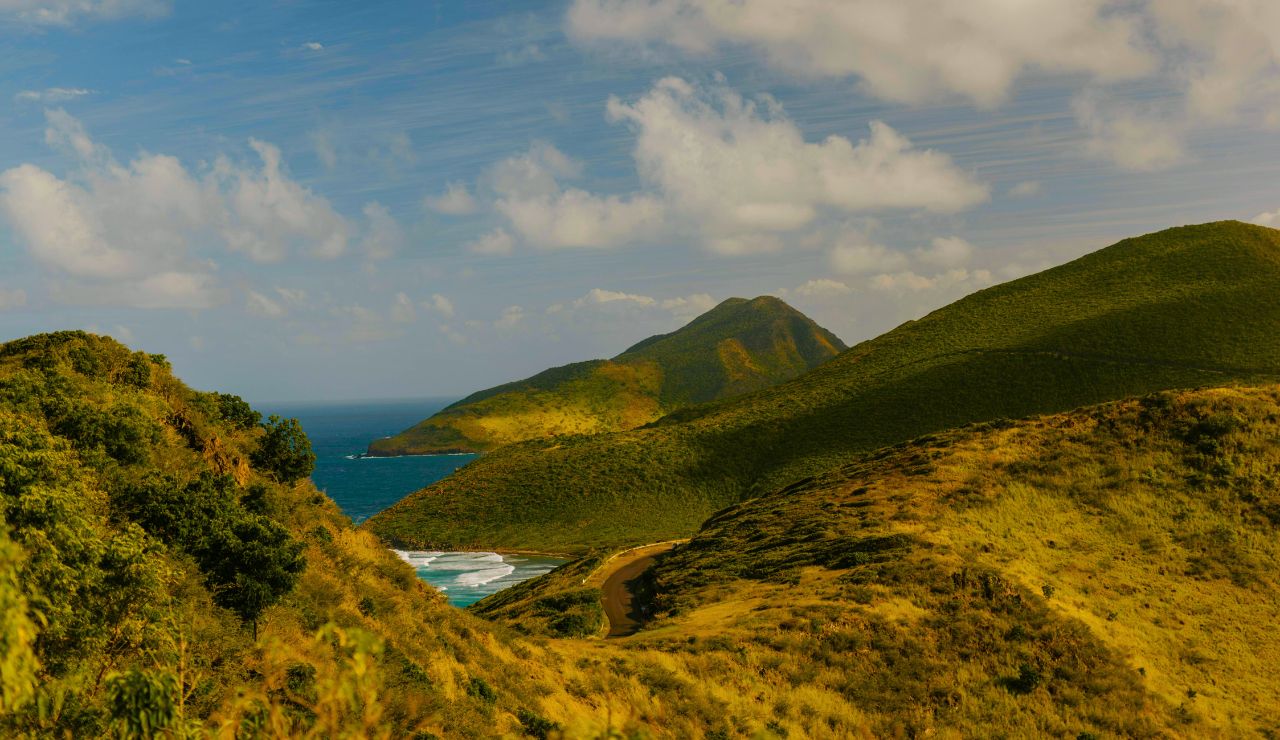
Skip the crowded cruise ports the Caribbean’s wild heart beats on Saba. This tiny Dutch island rises steeply from the sea, its jungle‑draped slopes plunging into sapphire depths. There are no sprawling beaches or mega‑resorts here just legendary dive sites teeming with life and trails that lead straight into the clouds. The iconic “Stairway to Heaven,” a stone path etched into the mountainside, rewards hikers with sweeping views that feel almost sacred. Untamed, unpolished, and unforgettable, Saba proves the Caribbean still has places where nature calls the shots.
4. Isle of Eigg, Scotland: Off‑Grid Island
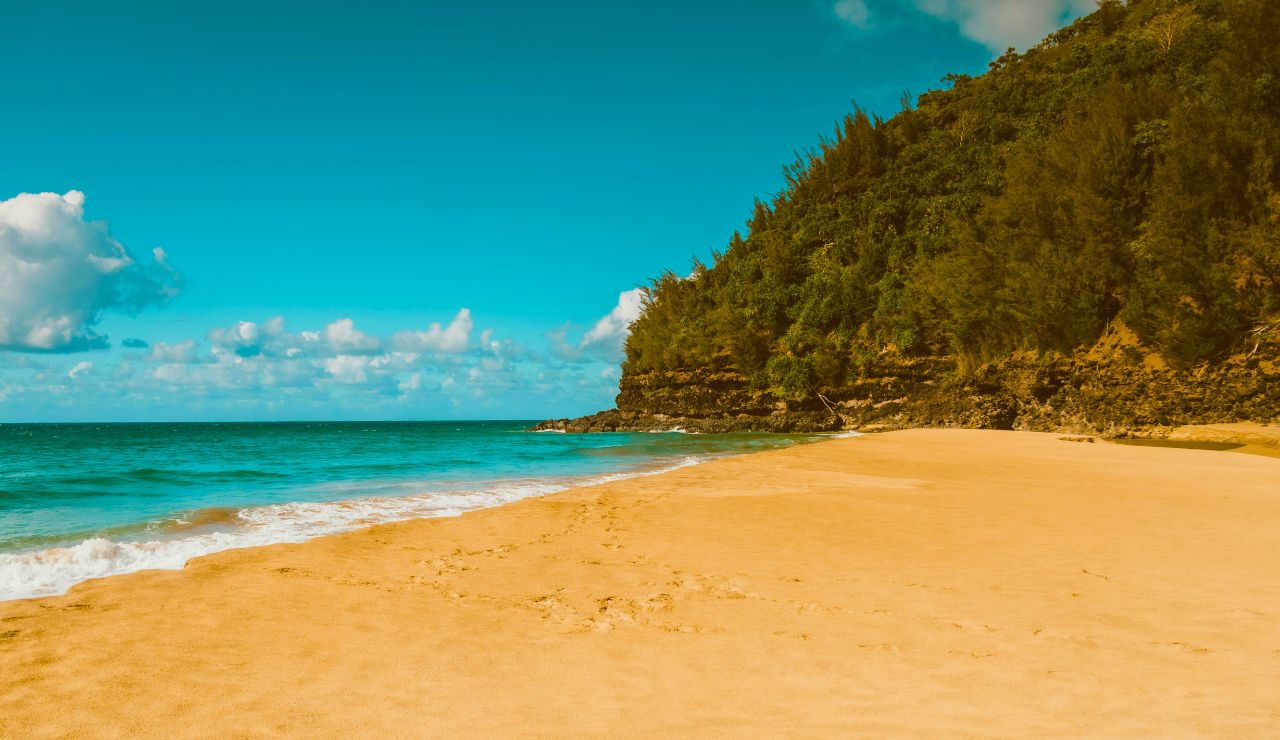
Off Scotland’s west coast, the Isle of Eigg proves that tiny islands can carry mighty visions. Entirely community‑owned and running almost solely on renewable energy, it’s a rare model of self‑sufficiency. Visitors find towering cliffs, echoing sea caves, and beaches of “singing sand” that hum softly when the wind stirs them. Life here moves at a gentle, unhurried pace, and the island’s small population welcomes travelers like neighbors. Eigg isn’t just off‑grid, it’s off‑beat, offering a glimpse of a simpler, more intentional way of living.
5. Faroe Islands, Denmark: Rugged Beauty
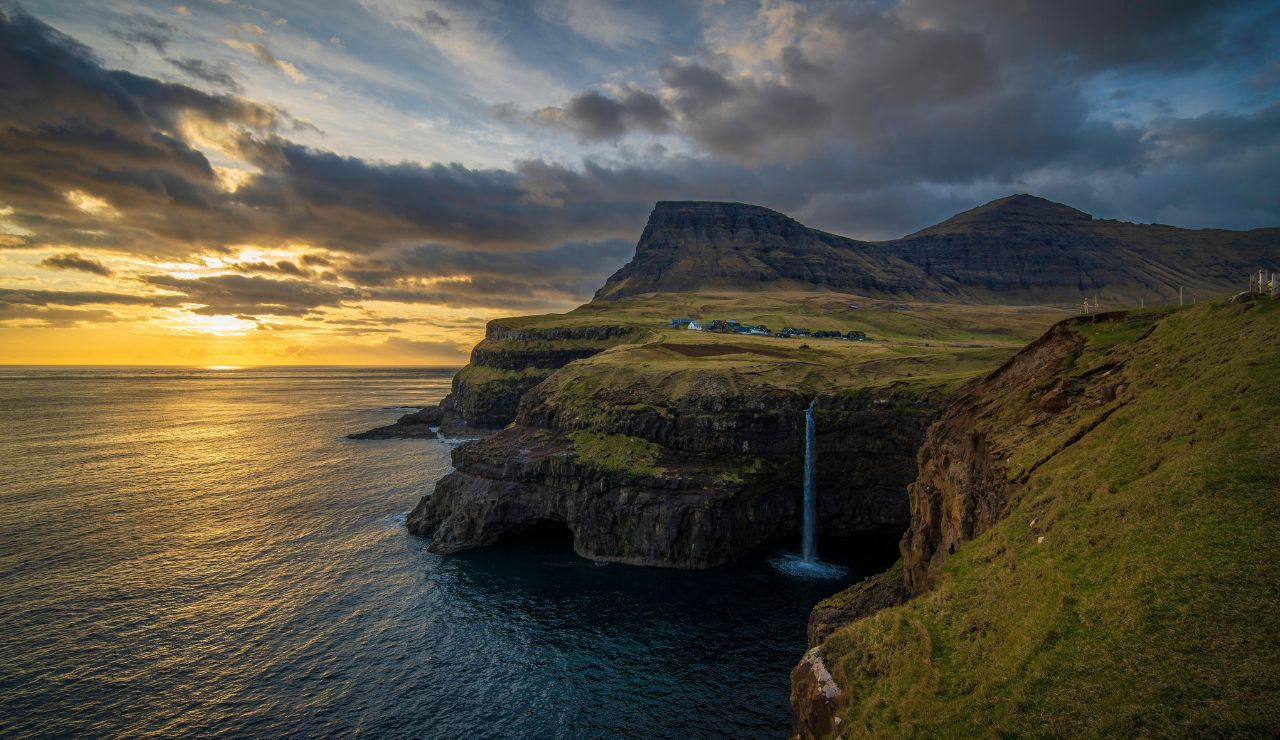
Between Iceland and Norway, the Faroe Islands rise from the North Atlantic like emerald dragon spines piercing the mist. Sheep outnumber people, turf‑roofed cottages cling to cliffs, and waterfalls plunge straight into the sea. The weather changes in minutes, adding a layer of drama to every view. Couples can hike vertigo‑inducing trails, watch puffins wheel over the waves, and warm up with bowls of hearty fish stew in cozy village cafés. Rugged yet welcoming, the Faroes remain one of Europe’s last truly untamed island escapes.
6. Floreana, Galápagos: Hidden Galápagos
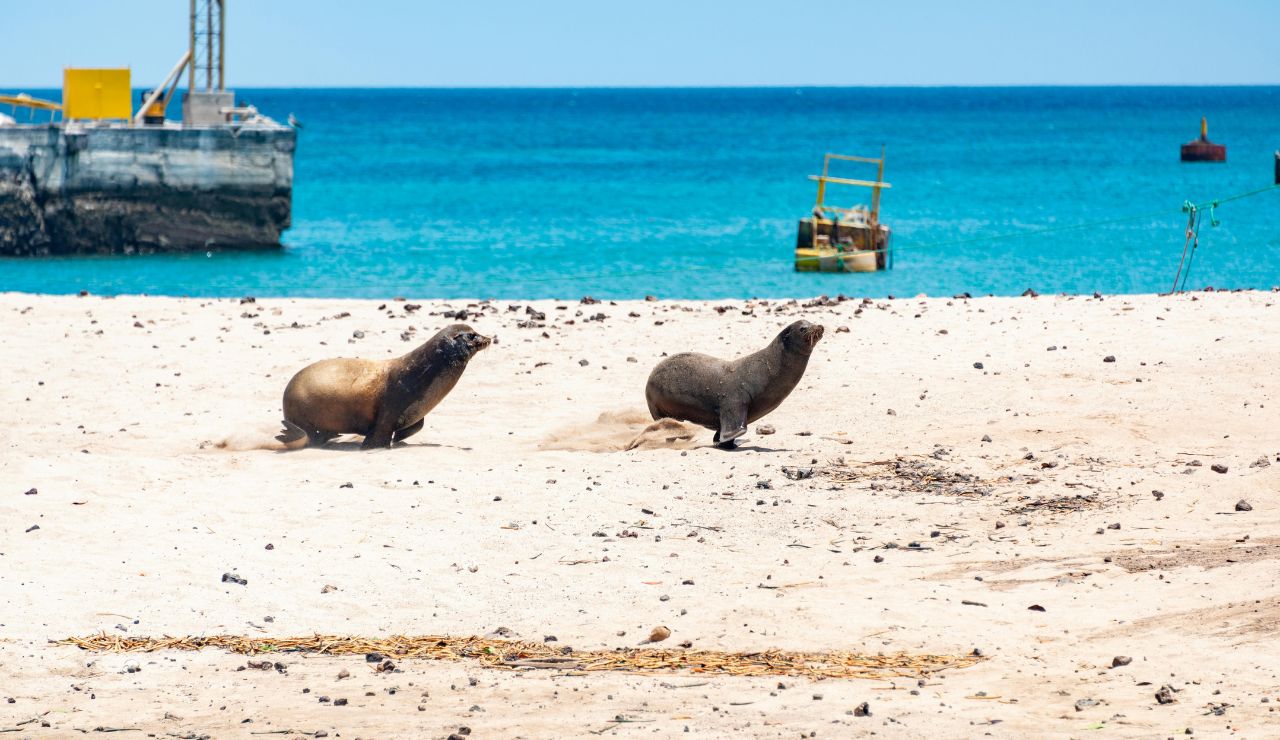
While much of the Galápagos buzzes with tour boats and day‑trippers, Floreana feels like a secret whispered across the waves. Home to only a tiny community, it offers encounters that feel almost private sea lions sprawled on empty sand, giant tortoises plodding through cloud‑kissed highlands, and waters so clear you’ll think you’ve stepped into a nature documentary. At its quirky “Post Office Bay,” travelers leave letters for strangers to carry home, a ritual that’s centuries old. Floreana is the Galápagos distilled to its purest, most soulful essence.
7. Tristan da Cunha: Most Remote Island
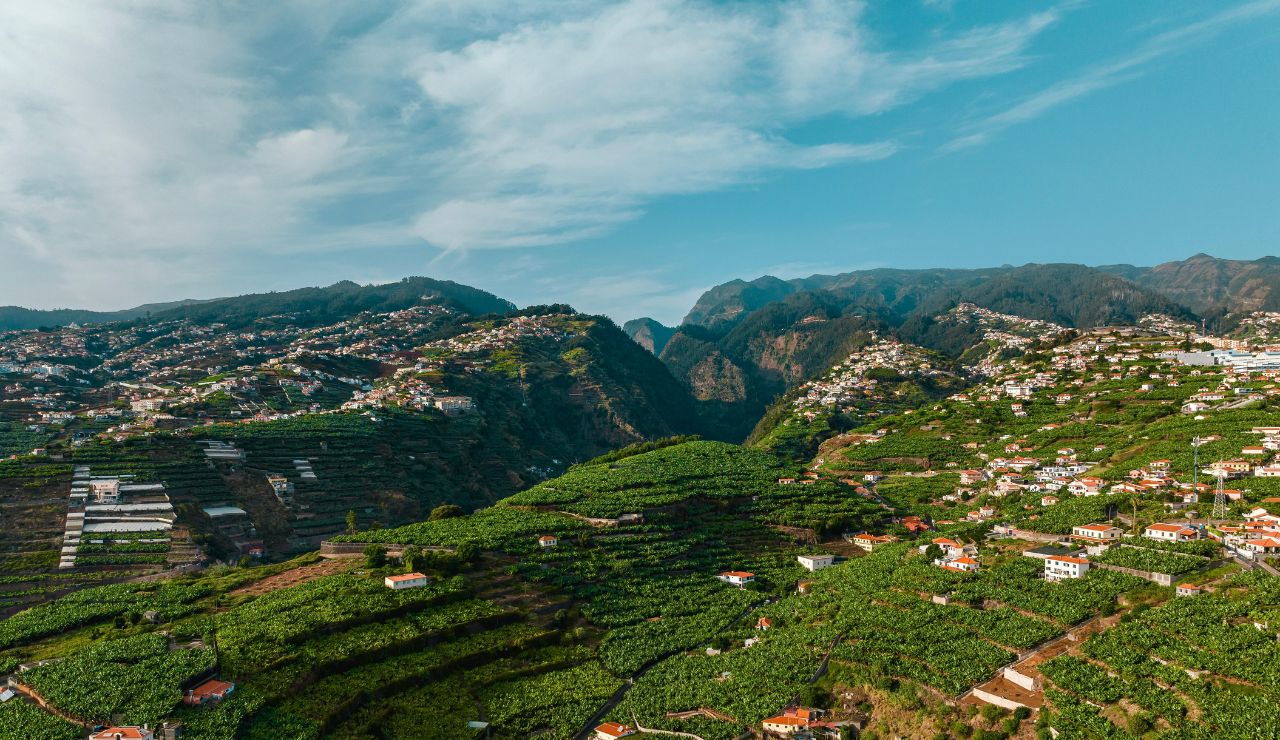
Often called the world’s most remote inhabited island, Tristan da Cunha sits like a speck in the South Atlantic, 1,700 miles from both Africa and South America. Only about 250 hardy residents call this volcanic outpost home, living among penguins, sheep, and crashing waves that meet sheer cliffs. There are no hotels, no airports just a mail boat that arrives occasionally and a welcome as warm as the island is wild. For those few who make the trek, Tristan’s raw isolation isn’t just part of the adventure, it’s the reason to come.
8. St. Kilda, Scotland: Abandoned Outpost
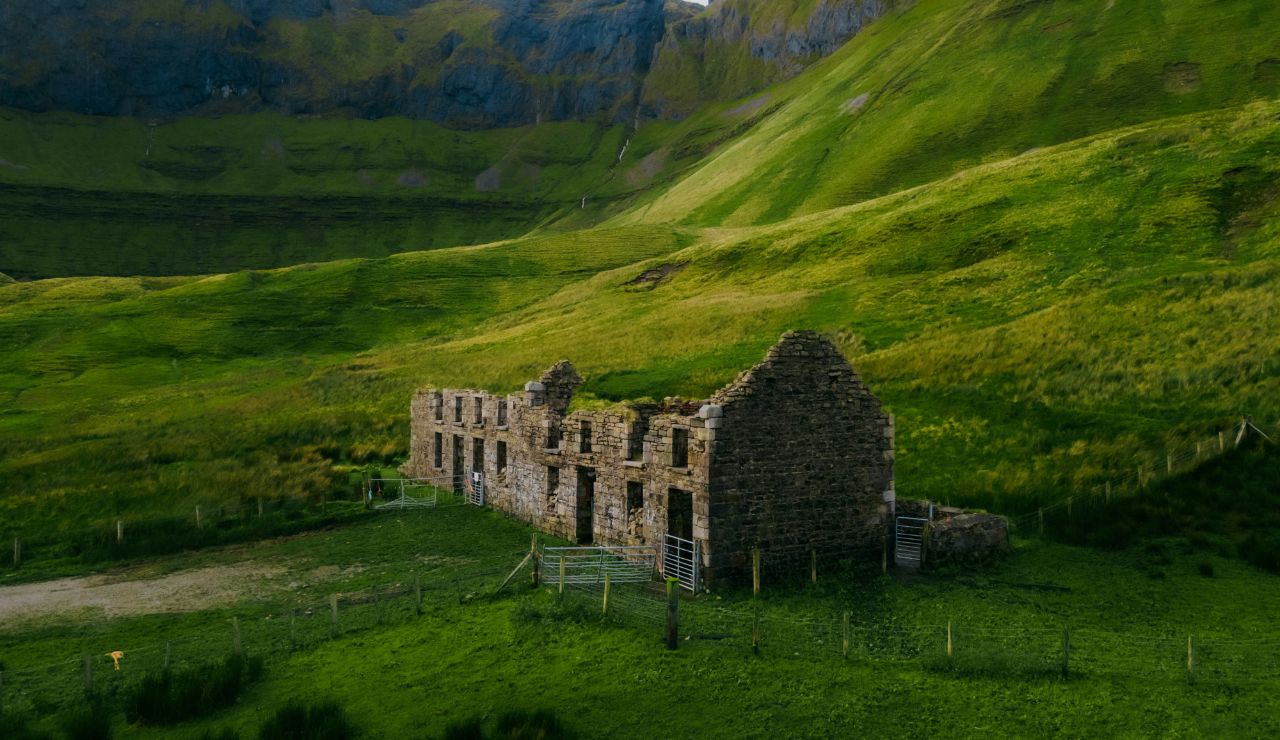
St. Kilda feels suspended between history and myth. This far‑flung Scottish archipelago, abandoned by its last residents in 1930, is now a realm of seabirds, stone cottages, and relentless wind. Reaching it means braving a long, rough boat ride, but the reward is otherworldly ruins that whisper of vanished lives, cliffs thrumming with puffins and gannets, and skies that feel endless. Walking its lonely paths, you sense both the hardship and beauty of existence on the very edge of the world, where silence tells the stories no one stayed to finish.
9. Tikehau, French Polynesia: Pink Sands
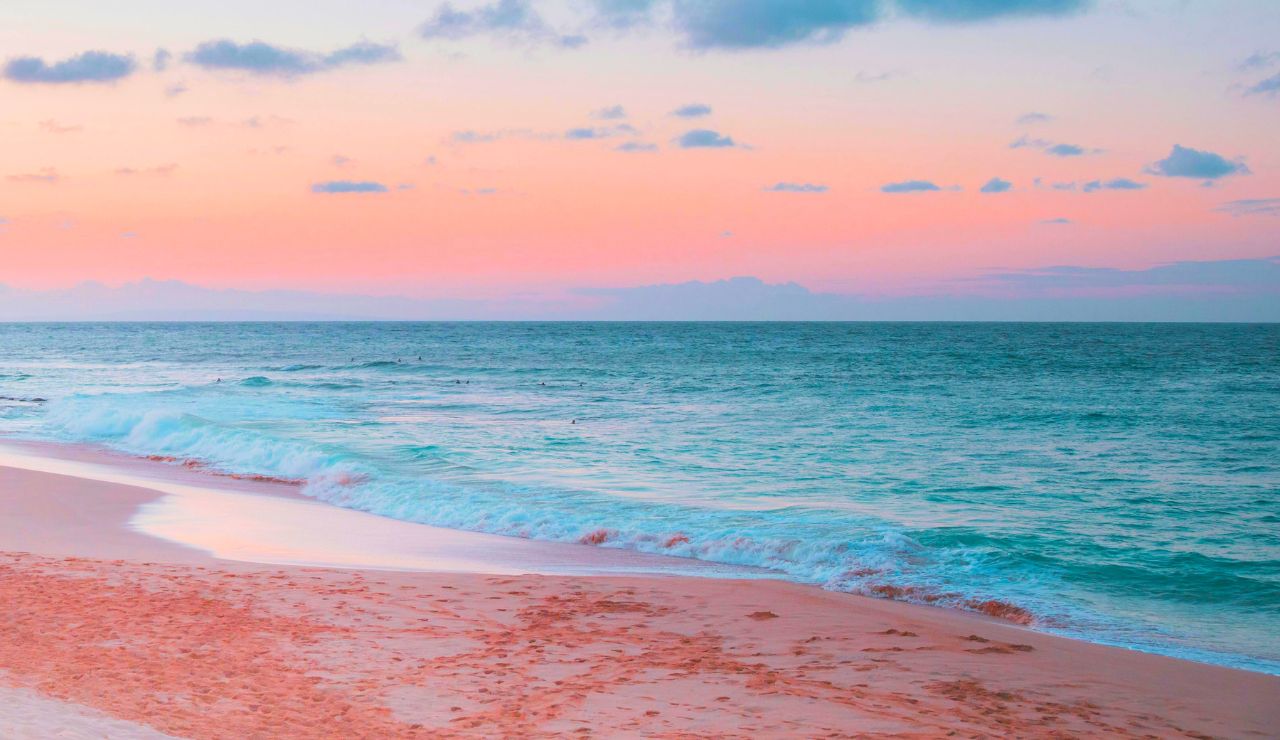
Tikehau feels like French Polynesia’s best‑kept secret a ring of blush‑pink sand wrapped around a lagoon so vividly blue it almost glows. Far from the crowds of Tahiti, this atoll has only a handful of guesthouses, where life slows to the sway of a hammock. Couples can snorkel with manta rays, bike sandy paths, or claim a deserted motu for an impromptu picnic. There’s no rush, no noise just the soft lap of water and skies that melt into the sea. On Tikehau, luxury isn’t measured in dollars, but in the sheer, rare stillness you carry home.
10. Alderney, Channel Islands: War Echoes
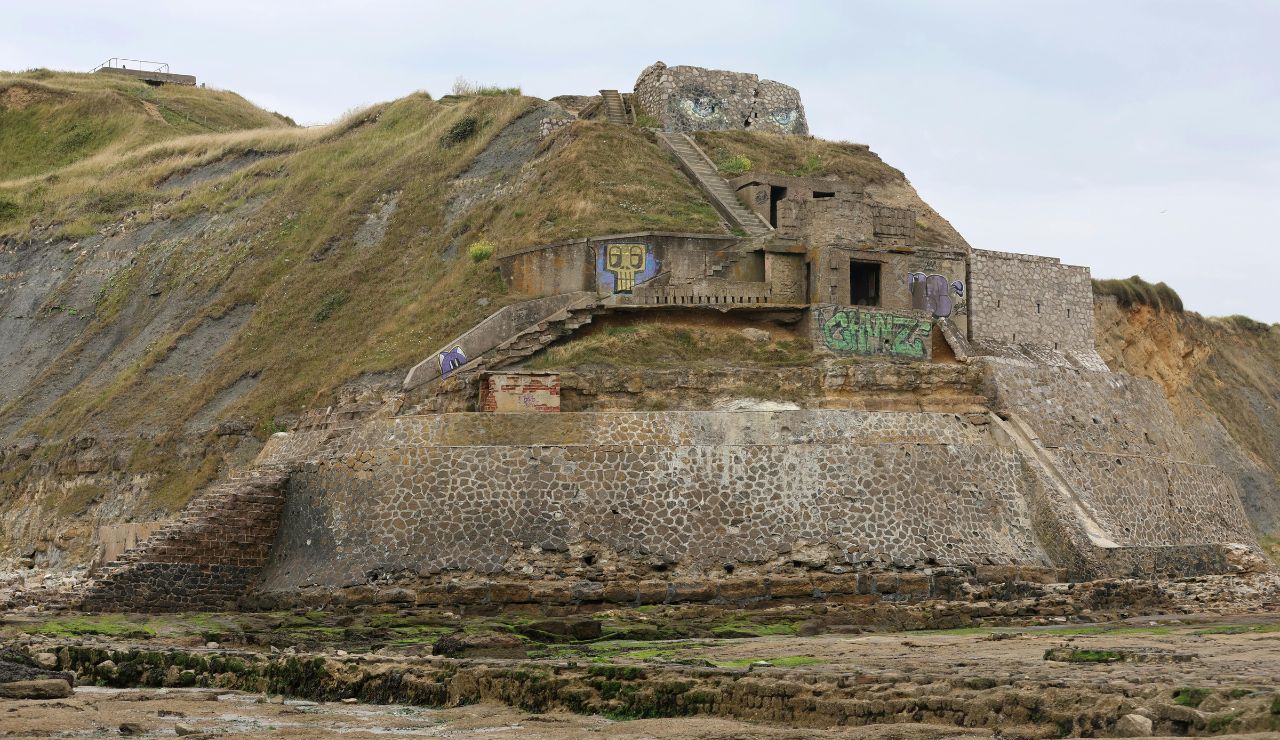
Tiny Alderney wears its history on its rugged sleeve, where weathered German bunkers and secret tunnels still whisper stories of World War II’s occupation. Yet the island softens those stark reminders with golden beaches, puffin‑lined cliffs, and pubs where locals swap tales over pints. Walking Alderney feels like stepping through a living time warp each path shifting between wartime shadows and the soothing calm of seaside life, offering travelers a rare blend of history and quiet coastal charm.
11. Caye Caulker, Belize: Slow Island Life
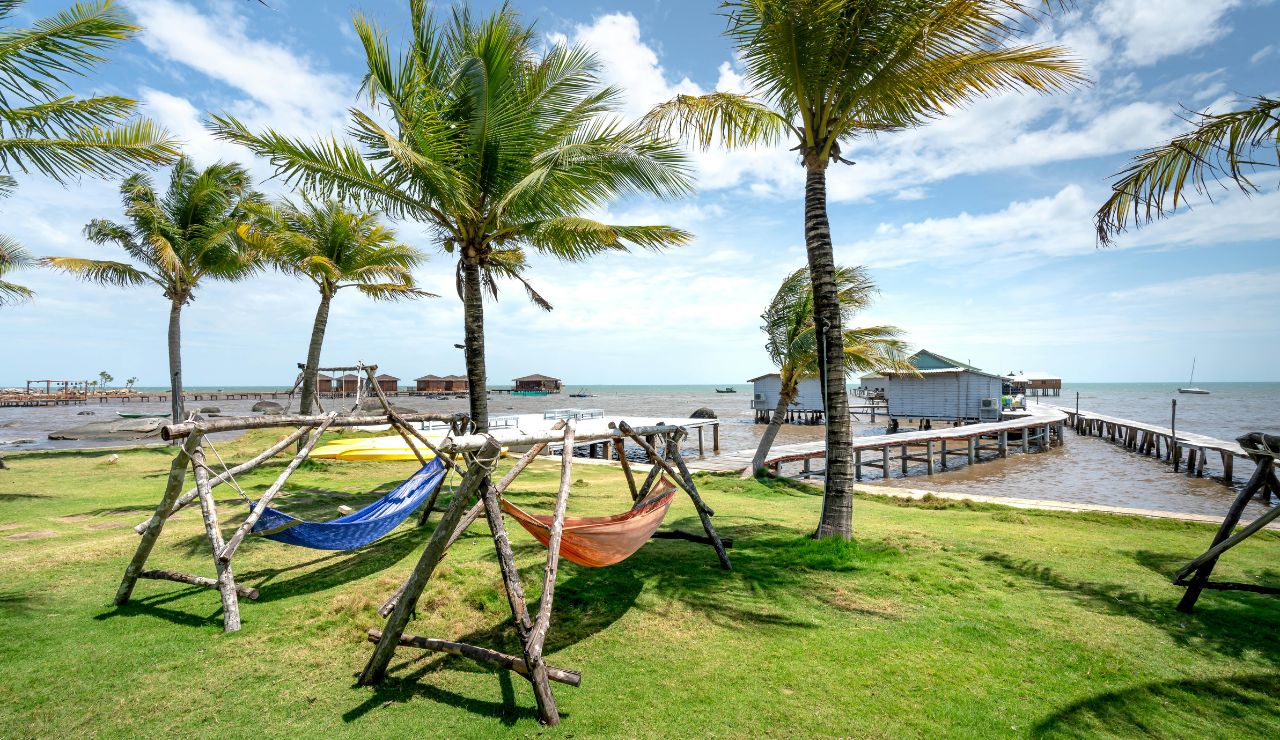
Caye Caulker lives by its motto “Go Slow,” and the entire island hums to that rhythm. This tiny Belizean gem has no cars just sandy lanes, golf carts, and bikes weaving between pastel houses and palm trees. The air smells of grilled lobster, reggae drifts from beach bars, and hammocks sway in the breeze like clockwork. Couples can snorkel the nearby reef, sip cold rum punch, and watch the sun paint the horizon in gold and pink. On Caye Caulker, time feels like it stretches, inviting you to pause, breathe, and let island life do the rest.
12. Pingelap, Micronesia: Colorblind Island
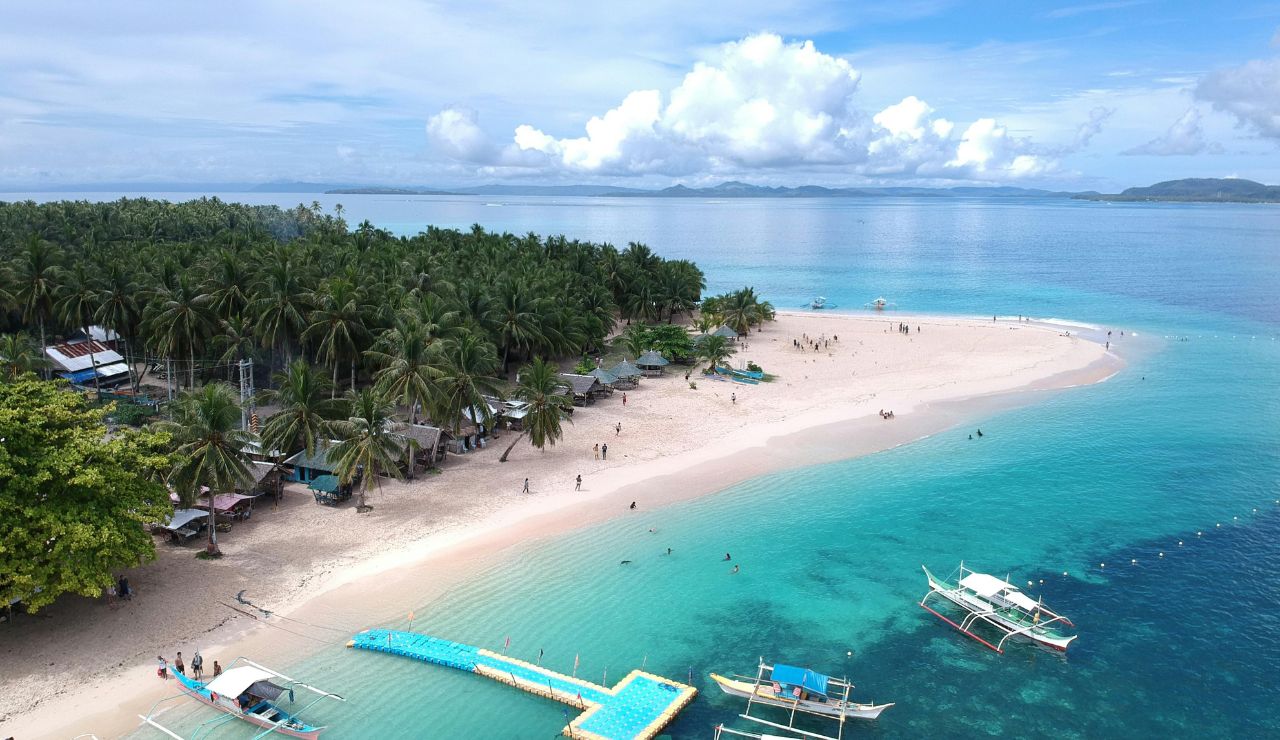
Pingelap’s story is as extraordinary as its setting. This tiny Micronesian atoll is home to a rare genetic condition achromatopsia which means a striking number of residents see the world entirely in shades of gray. Scientists, artists, and curious travelers have long been drawn here to understand and honor this unique way of seeing. Yet beyond its fascinating community, Pingelap is a vision of calm palm‑lined shores, crystalline waters, and a pace so slow it feels suspended in time. It’s a reminder that beauty isn’t only in color, it’s in perspective.
13. Raja Ampat, Indonesia: Untouched Eden
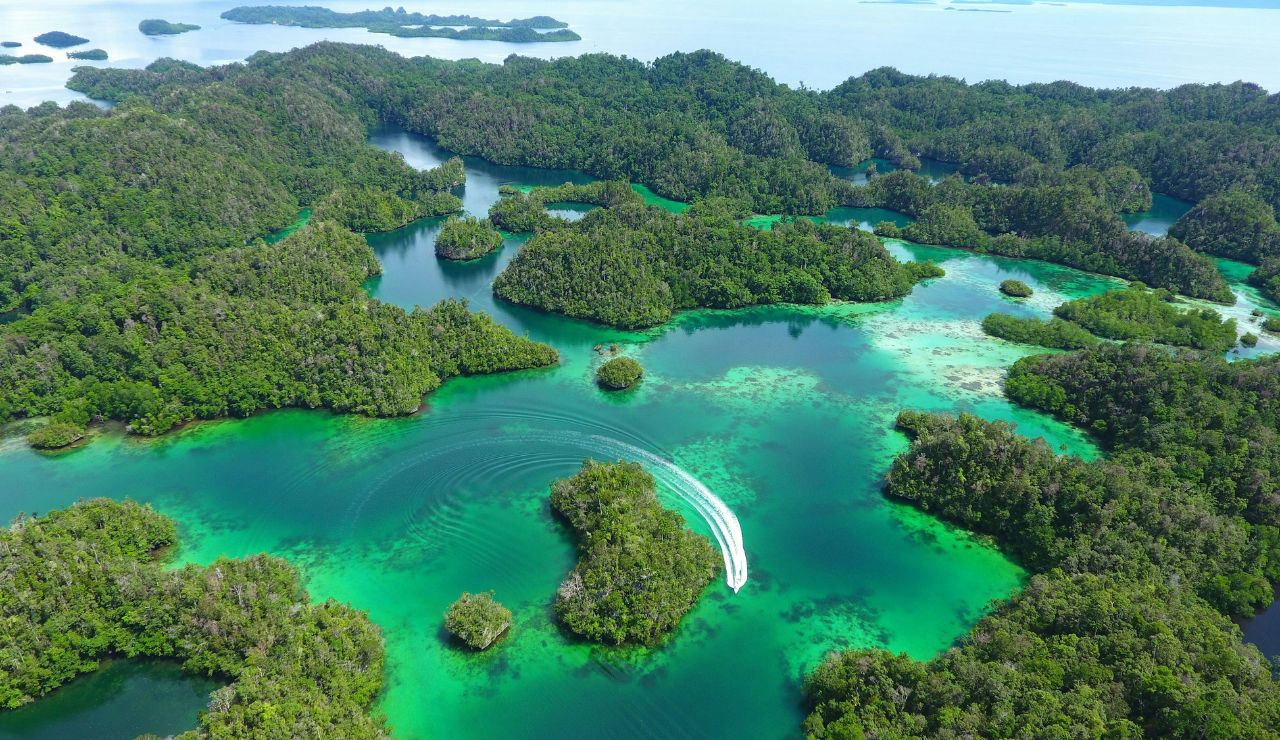
Raja Ampat might be the most breathtaking corner of the planet you’ve never heard of. Off Indonesia’s far‑flung coast, these scattered islands shelter the world’s richest reefs explosions of color where manta rays glide and rare corals bloom. Jade lagoons, hidden caves, and limestone spires create a landscape as surreal as a painting. Few travelers make it this far, which means couples can kayak through glassy coves living rainbows of coral in near silence. Raja Ampat is paradise as it once was wild, sacred, and entirely unspoiled.